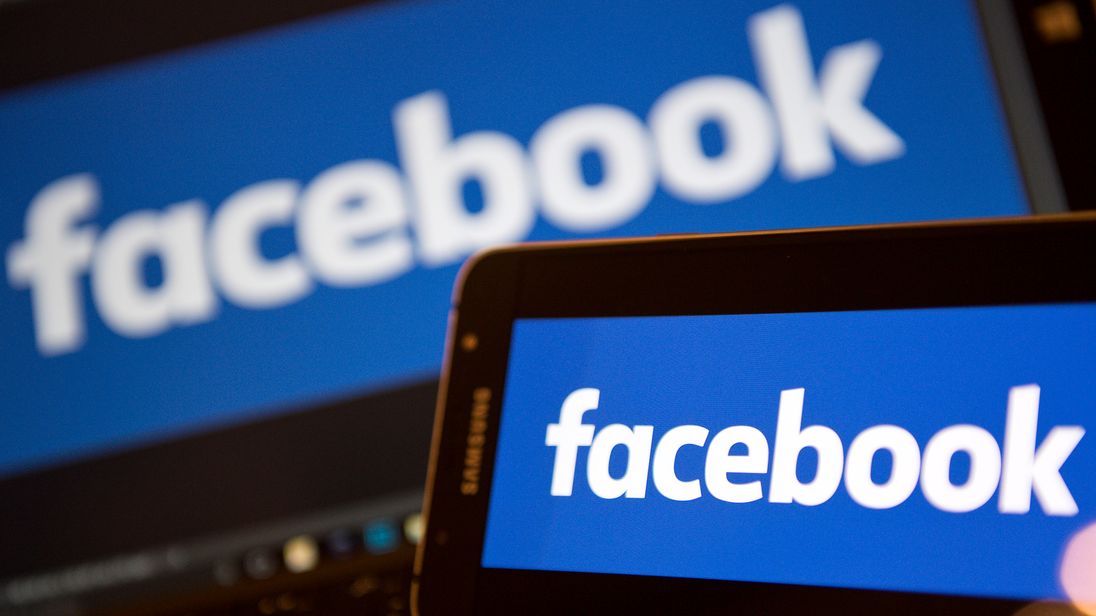Facebook is introducing a "Take a Break" feature which will let users erase their ex and avoid being reminded of them after a break-up.
It is one of a range of new well-being tools allowing users to control what kind of information they are presented with, following an internal study by the company which has warned using the site could make some people miserable.
"Millions of people break up on Facebook each week, changing their relationship status from 'in a relationship' to 'single'," said Facebook.
"Research on peoples' experiences after break-ups suggests that offline and online contact, including seeing an ex-partner's activities, can make emotional recovery more difficult."
The new Take a Break option will give users control over when they see certain people on the site, what those people can see, and who can view their past posts.
:: Former Facebook executive says site is 'destroying how society works'

There will also be a "snooze" option, allowing users to hide a person, page or group for 30 days without having to permanently unfollow or unfriend them.
Facebook is also planning to demote clickbait headlines and false news, despite the high number of clicks (and thus revenue) that these generate, "to provide more opportunities for meaningful interactions and reduce passive consumption of low-quality content".
Analysis published by Facebook following its internal study found that "in general, when people spend a lot of time passively consuming information – reading but not interacting with people – they report feeling worse afterwards".
There could be a number of reasons for this, studies have suggested.
One study, from University of California San Diego and Yale, found Facebook users who clicked on about four times as many links as the average person, or who liked twice as many posts, reported worse mental health in a survey.
Researchers have suggested this might be down to "negative social comparison", where people judge themselves unfavourably in comparison to their peers.
"Another theory is that the internet takes people away from social engagement in person," the company stated.
"On the other hand, actively interacting with people – especially sharing messages, posts and comments with close friends and reminiscing about past interactions – is linked to improvements in well-being."
:: Facebook to train teens as anti-bullying ambassadors

Users who interacted one-on-one with others in their network were more likely to report improvements in social support, depression and loneliness, according to a study the social media company conducted with Robert Kraut at Carnegie Mellon University.
"We want the time people spend on Facebook to encourage meaningful social interactions", said chief executive Mark Zuckerberg.
More from Facebook
Facebook launches parent-controlled app Messenger Kids for young children
Facebook's new London office brings 800 jobs
New tech helps Facebook remove 99% of IS posts before users flag it up
Facebook apologises to family of dead Mafia boss for removing tribute posts
Prince William: Online anonymity 'dangerous'
Facebook asks users to send in naked photos to test 'revenge porn' defence
"We don't have all the answers, but given the prominent role social media now plays in many people's lives, we want to help elevate the conversation," said the company.
"In the years ahead we'll be doing more to dig into these questions, share our findings and improve our products."
More stories
- Previous article Britain First members suspended from Twitter
- Next article China tells web giants they must accept limits





